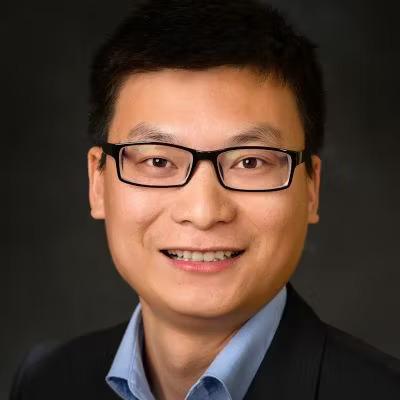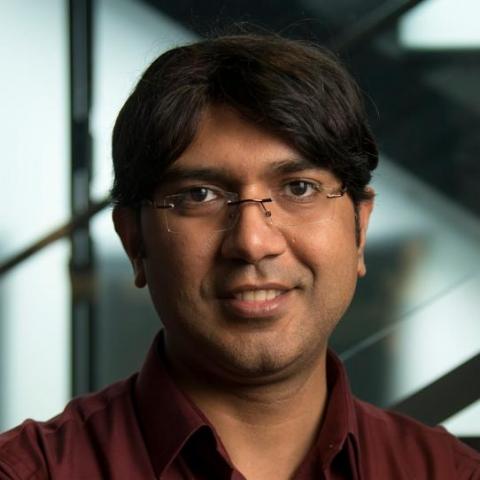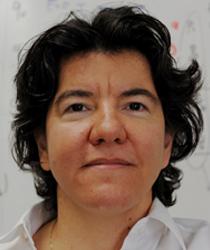ECE Professor
Ivan Marsic has received a continued grant from NIH/NBIB on the project "Development of a Video-based Personal Protective Equipment Monitoring System."
The continued grant comes with an additional three years (09/01/2023 - 06/30/2026) to the amount of $1,511,833, of which Rutgers part is $487,687, and Ivan is the sole PI on Rutgers side. Last year the project received a one-year funding for this project that totaled $657,223 (Rutgers part: $202,000). Combined, this grant is funded for 4 years (09/01/2022 - 06/30/2026) to the amount $2,169,056, of which Rutgers funding for all 4 Years is $689,687. The lead institution is Children's Institute in Washington, DC, and subcontractors are Rutgers and Drexel Universities.
During the COVID-19 pandemic, healthcare workers (HCWs) have had a more than 11-fold higher infection risk than the general population. Several risk factors for COVID-19 infection among HCWs have been identified, including the lack of personal protective equipment (PPE) and inadequate PPE use. Among these factors, the inadequate use of PPE has been associated with a one-third higher risk of infection. Given the high incidence of infection, there is a critical need to address the challenges of monitoring and promoting adherence with appropriate PPE use among HCWs. The long-term goal of this research is to reduce workplace-acquired infections in HCWs by improving adherence to appropriate PPE use in settings at high risk of transmission. The overall objectives of this proposal are to design, implement, and test a system (Computer-Aided PPE Nonadherence Monitoring and Detection—CAPPED) that (1) tracks the team’s PPE adherence using computer vision and (2) highlights episodes of potential PPE nonadherence on a video-monitoring system. Our central hypothesis is that continuous monitoring of PPE use by multiple HCWs is a complex, cognitively demanding, and error-prone task unaddressed by current methods for monitoring PPE adherence. The rationale for this proposal is that enhanced recognition of PPE nonadherence is a requirement for reducing transmissible infections in HCWs. Guided by preliminary data, the central hypothesis will be tested by pursuing two specific aims: (1) design and implement a computer vision system (CAPPED) for recognizing PPE nonadherence in a dynamic, team-based setting, and (2) compare human performance during simulated resuscitations using direct observation, basic video surveillance, and computer-aided monitoring (CAPPED system). For the first Aim, machine learning approaches will be applied to recognize the type of nonadherent PPE (headwear, eyewear, mask, gown, gloves) and the category of nonadherence (absent or inadequate). Under the second Aim, a customizable visual interface will be designed and evaluated for monitoring and spotlighting PPE nonadherence with a human-in-the-loop. The proposed research is innovative because it addresses the challenges of simultaneously identifying nonadherence with several types of PPE used by multiple individuals in a dynamic setting. This proposed research is significant because it is expected to reduce infection transmission to HCWs by tracking and eventually alerting them to nonadherent PPE use. The results of this research are expected to positively impact the workplace safety of HCWs by addressing the limitations of current approaches to PPE monitoring.
Congratulations to Ivan!



